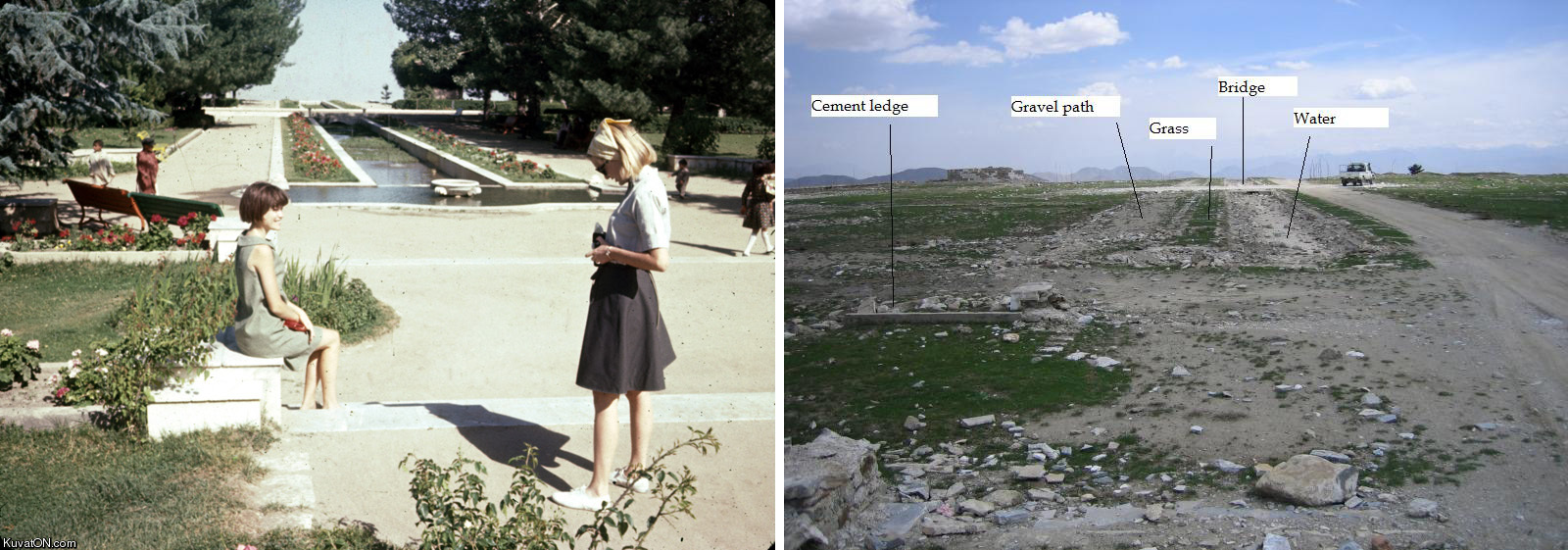
My last few posts have all been songs and, to stay with the contents of the class, for this one I'll pick a poem from out packet of poems (alliteration).
The Coming of Wisdom with Time
William Butler Yeats
(1865 – 1939)
though leaves are many, the root is one;
Through all the lying days of my youth
I swayed my leaves and flowers in the sun;
Now I may wither into the truth.
We've touched on this poem in class, but I just wanted to give my perspective on the poem-because my opinion matters sooooooo much.
It's hard to analysis this poem line by line, but if you look at the poem as whole you can relate parts of the poem to each other. The relations I see is between "leaves" and "roots," "lies" and "truth," "swaying" and "wither(ing)," and "youth" and "now." I feel these contrasting words relate to each other and therefore thats where we should start. Leaves, lies, swaying, and youth I think are all one part of the poem; and the other part is composed of roots, truth, withering, and now.
Lies are leaves, swaying, always moving, flourishing in our youth, hiding the base of itself (the branch). Truths are roots, withering, simple, and is now. The withering part of this is the only one of these that really doesn't immediately sound like it fits but when thinking of a tree when the leaves are gone, or the branches brake, and perhaps erosion has been swept away, the roots (truth) will always prevail.


